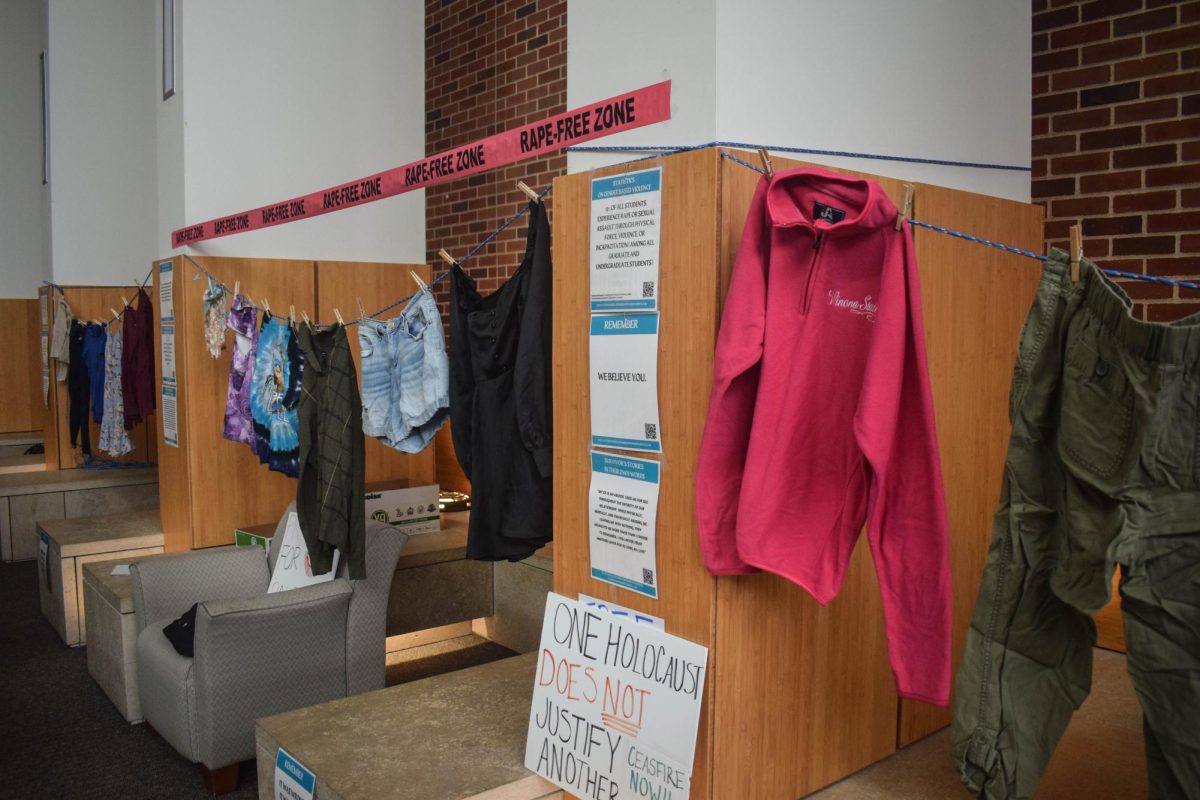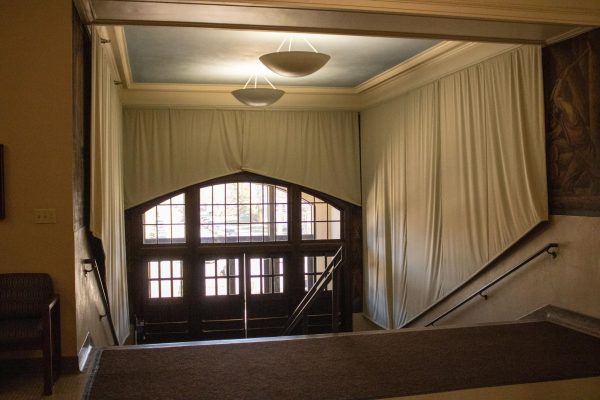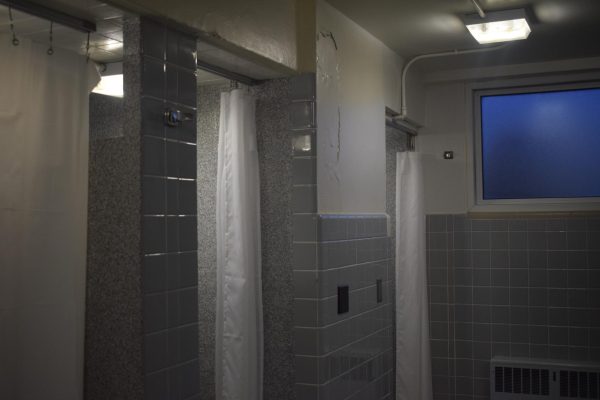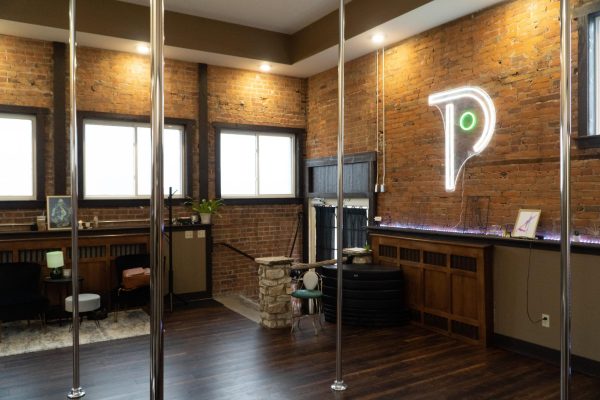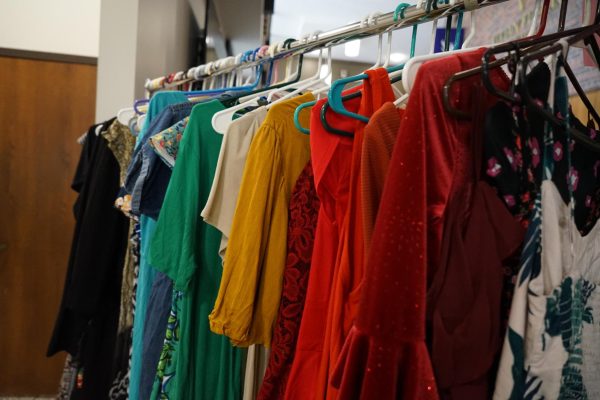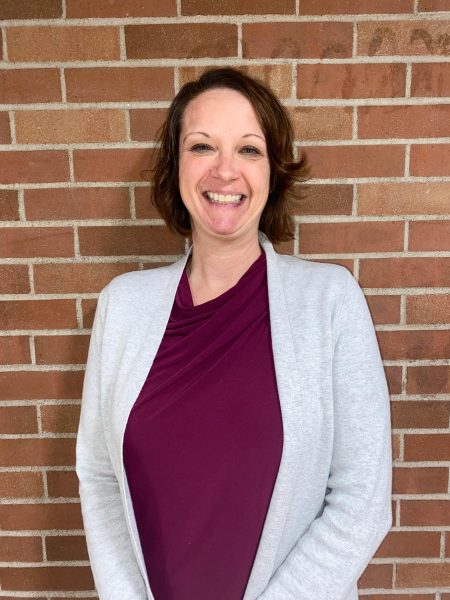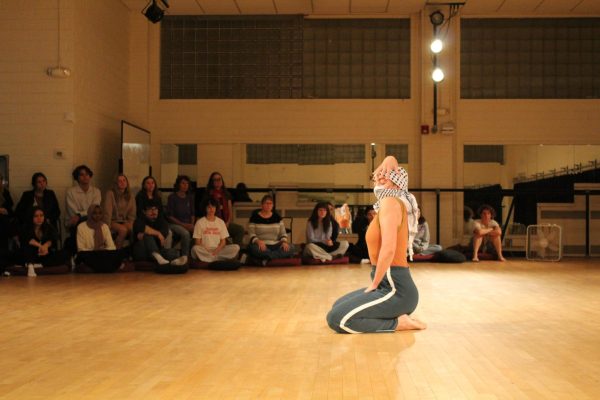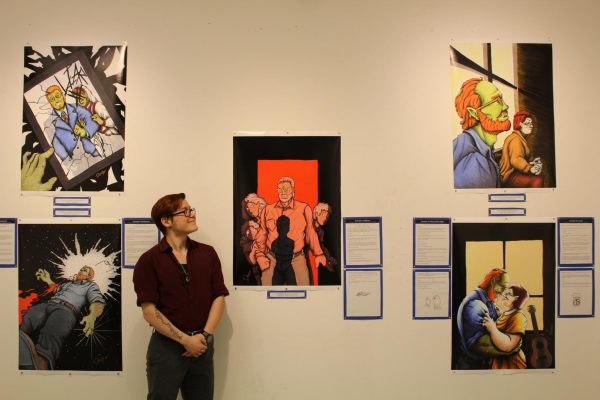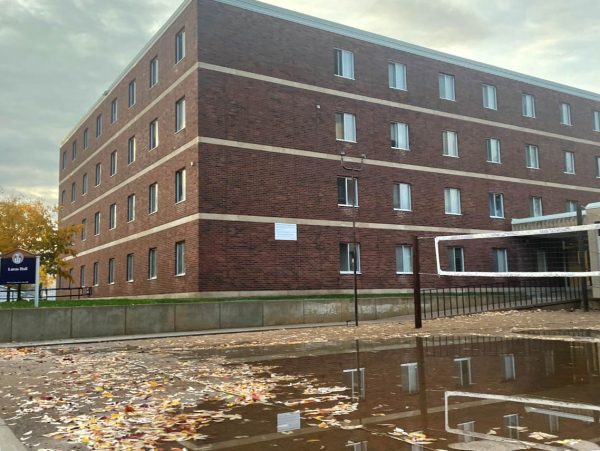Work study solutions for students

February 13, 2019
Winona State University offers dozens of work study and student worker positions, many more than are being filled, in fact.
In Minné Hall alone, there are flyers to fill work study positions in the Communications, women and gender studies and English department offices. These jobs and others are considered work study positions for qualified students.
Despite the positions being available, students have indicated that the process for obtaining one of these work study jobs has been confusing simply because they do not know where to find the information.
The hardest thing that senior communications major Kaela Kloss has faced with work study was discovering the work study openings on campus, as flyers had not been frequently used until recently.
Starting in her junior year, Kloss wanted to do some research to find a campus job but found the search more tedious than expected.
“If you go on the Warrior jobs [online], it doesn’t really give a lot of the jobs that are work study, and now I am seeing a lot of openings [on the flyers for office jobs] and I think they should be advertising those on there,” Kloss said.
Kloss said students would benefit in finding the information online if it was clearer.
Despite the difficulty in finding the positions, Kloss said after getting the job, things have run smoothly, making for a great opportunity that helps out with college life expenses.
“If you’re working even just ten hours a week, that’s enough for anyone’s groceries,” Kloss said.
The opportunity to have a position that allows students to work on classwork while manning the desks leaves other students curious as to how to obtain one of these campus jobs.
Mari Livingston, the associate director of financial aid, said work study positions are based on what is called “need based aid [which is] calculated out by what we call our ‘cost of attendance.’”
Winona State’s cost of attendance consists of tuition, fees, technology, housing, meals, textbooks and study supplies and other money needed for basic living on campus.
When students apply for FAFSA, or the ‘Free Application for Federal Student Aid,’ a database calculates an ‘EFC number,’ which is produced by factoring together family size, income levels and the number of children attending college. The university then subtracts the cost of attendance from the EFC number which gives them the ‘unmet need’ amount.
When the unmet need is determined, the financial aid office then subtracts grants and scholarships from it and whatever is left behind for the unmet need, is what determines if a student qualifies for a work study position.
For a student to obtain one of these work study positions, they need to apply for FAFSA and see if their award letter indicates that they qualify for work study.
This is where some students are facing issues.
A junior student at Winona State, who will be called Jane Doe, faced this problem spring semester 2019 when her FAFSA award letter indicated that she did not qualify for a work study position.
“I was getting a few offers from departments for office positions that I really wanted but I couldn’t accept them,” Doe said.
After being offered the job again, Doe went into the Warrior Hub. After speaking with someone for just a few minutes, Doe was told that she did indeed qualify for work study aid and was allowed to accept the position she had been offered.
The financial aid office recognizes that this has occurred for more than one student and Livingston said that the best thing that a student can do to counter this issue is to do just as Doe did and ask the Warrior Hub about it.
If after asking the Hub it is determined a person does not qualify for work study, the Warrior Hub still can direct that person to positions that fall under ‘student help’, which are jobs that are paid for directly out of the hiring departments operating budget.














